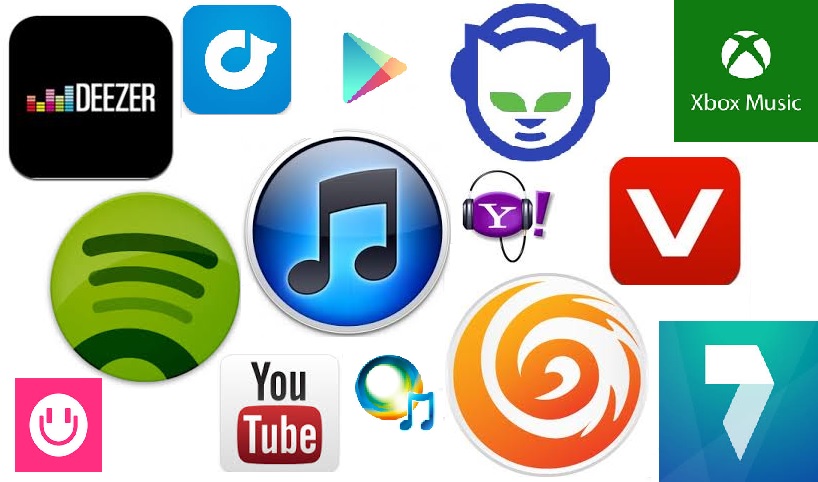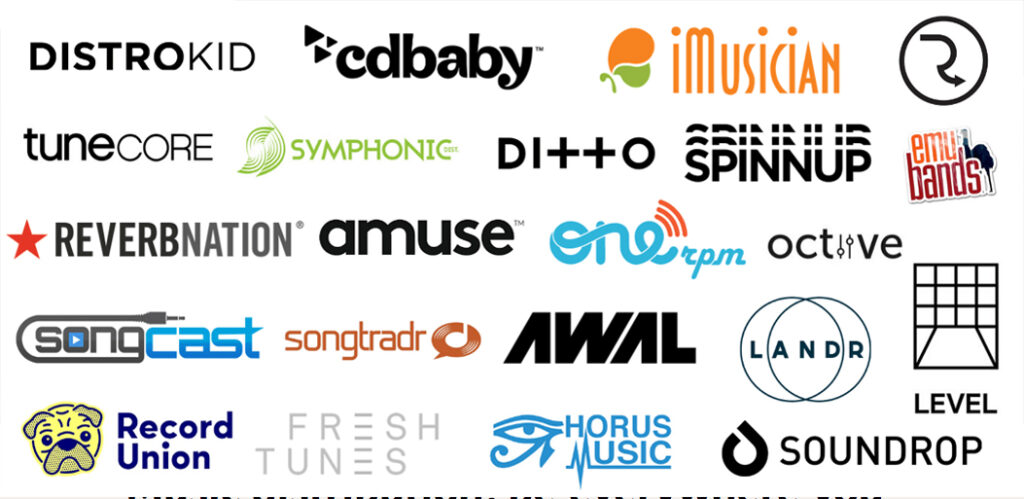
The Power of Music Aggregators in Helping Independent Artists Succeed
With streaming platforms taking over the industry, it can be difficult for independent artists to get their music out there and make a living off of their art. Fortunately, music distribution services and aggregators provide these musicians with the tools they need to gain traction and build an audience. This article will explore how music distribution services and aggregators can help independent artists succeed.
What Are Music Aggregators?
Music aggregators act as middlemen between independent artists and online retailers such as iTunes, Spotify, Amazon Music, Deezer, Google Play Store, etc., by helping them upload their songs onto multiple streaming platforms at once. They also offer additional features like digital marketing plans and promotional campaigns that can help boost an artist’s presence online.
Benefits of Working With Music Distribution Services
There are many advantages to working with music distribution services for independent artists who want to succeed in the industry. Here are some of the benefits:
1) Wide Reach:
One of the biggest advantages is that you can reach a wider audience thanks to being available on multiple platforms simultaneously. It gives your fans more opportunities to discover your music as well as more convenient ways to access your tracks from different devices or locations.
2) Professional Marketing & Promotion:
Many music distribution services offer professional marketing plans tailored specifically for each artist which helps increase visibility on social media channels like YouTube, Instagram, and Facebook where potential fans may be lurking around looking for new content. Additionally, promotional campaigns such as radio plays or blog placements are also part of what these companies provide in order to further boost an artist’s presence online.
3) Streamlined Processes:
By working with a professional distributor, you don’t have to worry about every single detail related to releasing your tracks; instead, they take care of everything from encoding audio files (if necessary), creating artwork for album covers/singles artwork cover designs etc, setting up pre-release schedule dates and sending release information directly to popular digital stores such as Apple Music or Spotify – all while keeping track of royalties due from sales made via those stores too!
Pricing & Terms
Most music distributors charge either one-off fees or ongoing subscription fees depending on the package you choose – usually between $10-$50 per month, with additional extras such as sync licensing support or radio promotion included in higher-priced packages. Also remember that depending on whether you go exclusive or not, you can sometimes sign long-term contracts, so make sure you read all the terms and conditions carefully before committing to any deal!
Platforms to choose from
When looking for a suitable platform, look for ones that offer great customer service as well as competitive pricing structures – here are a few popular choices amongst indie labels & musicians alike: Tunecore, CD Baby, Distrokid, Ditto Music & AWAL. Each company offers its own unique set of features, so do your research before you sign up!
The Bottom Line
By harnessing the power of music aggregators combined with the professional marketing strategies of distributors such as TuneCore, CD Baby, or DistroKid, independent musicians now have access to powerful tools that allow them to achieve success without having to break into the mainstream channels that major record labels usually require. Although it does take time and effort to make sure everything is set up correctly, once done right, these services can potentially open doors leading to more projects down the line while ensuring maximum exposure at minimal cost, making it worth considering no matter what budget range you have when you first start out!



